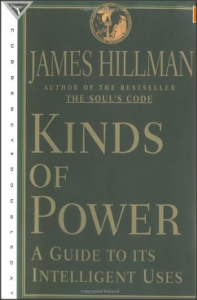Due to changing my job recently I have had to rethink where I will carry out my research project. My original idea was to do the research at the university where I was working. The com pronation of organizational and technological change combined with the support staff restructuring would have been an excellent area for the investigation. Unfortunately now that I have moved to another role in another organization I am not going to be able to go back to the original site. There are a number of logistical and ethical issues to consider for example getting time to go back to the organization and interview subjects, get time to carry out observations and gain access to internal documents. Ethical issues included getting the support of the Directorship for the area under investigation and gaining access to subjects and materials with permission.
Since joining the new organization I have been working to identify potential areas of interest. The difficulty so far has been to find the combination of organizational and technological change and support team change. I have though recently identified a potential area of interest, there organization is having built a new centre for housing administrative staff to deliver customer facing services. Staff will be moving into the new build and will also be using a new IT system. The project is being managed by external consultants and is being delivered through five main project streams.
I am considering tracing the development of the new setup from August this year through to September the following year. This will enable me to work with the people concerned in their current team and group structure through to the move to the new building and the introduction of the new IT system. If I am granted permission by the organization I should be able to interview people throughout the change process and build an identity profile from the existing to the development of the new one. This project gives a good opportunity to observe staff in action and to trace ideas and actions through documents and other artefacts. This opens the door to using ANT as the research method supporting the development of the case study.


